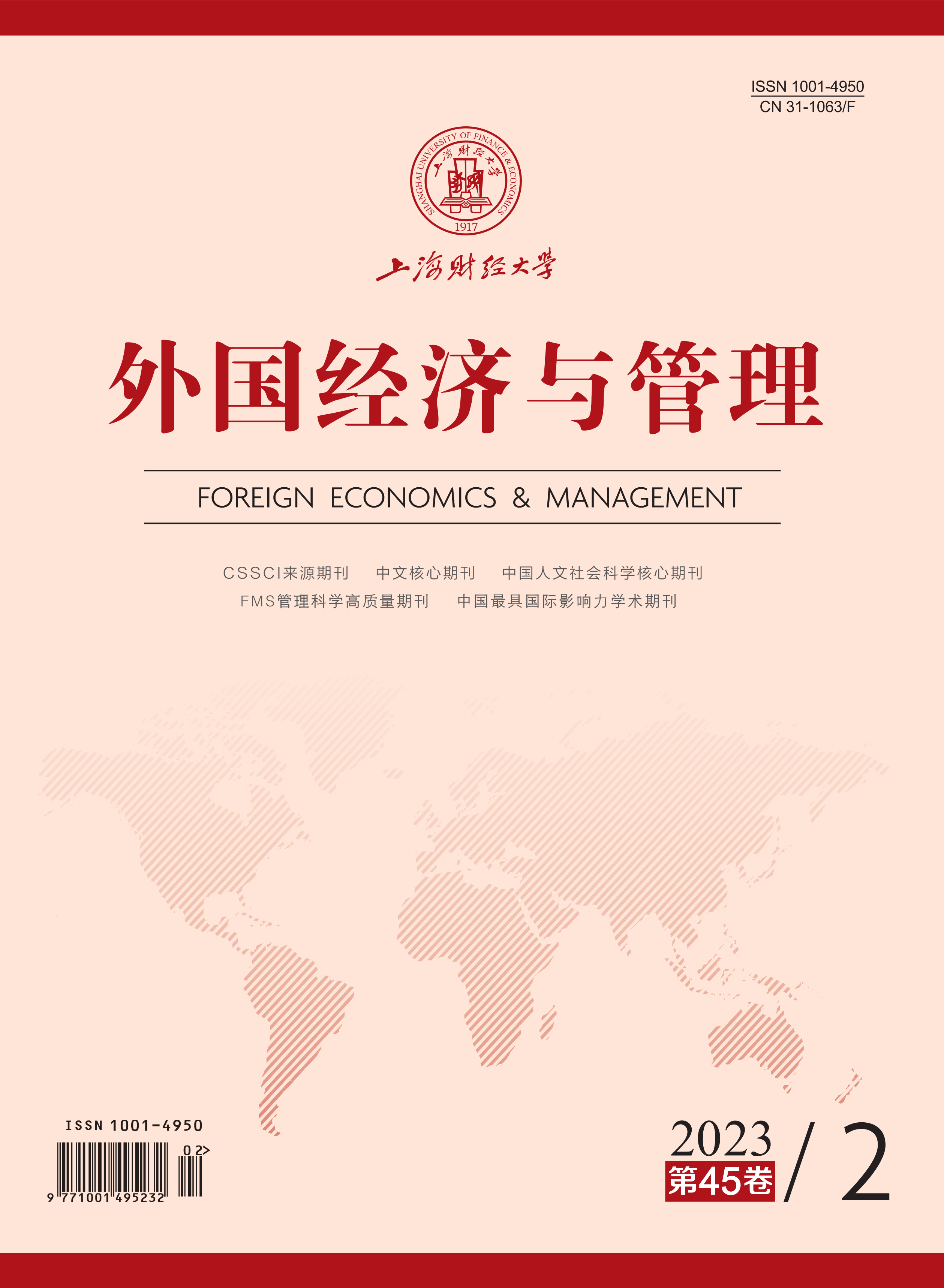Entrepreneurial teams usually have close relationships, such as relatives and friends, which is an important basis for the initial development of a new venture. In close relationships, detailed discussion on the distribution of “power, responsibility, and interest” is usually considered as an act that undermines trust and overestimates interest. Meanwhile, formal contracts represent more monitoring and control over partners, which is not conducive to the maintenance and development of close relationships. But in practice, there are many entrepreneurial teams whose close relationship breaks down due to unclear distribution and power struggle. Based on this, this paper explores the impact of entrepreneurial team contractual governance on team closeness and its mechanism from the perspective of organizational justice theory, and proposes a moderated mediation model with distributive justice perception and procedural justice perception as mediators and new venture performance as a moderator.
The results show that: First, entrepreneurial team contractual governance can effectively improve team closeness. Second, entrepreneurial team contractual governance improves team closeness by improving distributive justice perception and procedural justice perception. Third, when the level of new venture performance is higher, the promoting effect of distributive justice perception on closeness is stronger, while that of procedural justice perception on closeness is weakened. When the level of new venture performance is lower, the promoting effect of procedural justice perception on closeness is stronger, while that of distributive justice perception on closeness is weakened.
Our study makes several contributions to the literature: First, this paper develops the theory of entrepreneurial team governance by finding that entrepreneurial team contractual governance can effectively improve team closeness, which breaks the conventional sense that formal contracts undermine the development of relationship. Second, the findings are of great significance for how to develop close relationships within entrepreneurial teams and avoid the breakdown of cooperation which are ignored in previous research, and provide reference for entrepreneurial practice. Third, this paper enriches the research on new venture performance by exploring the moderating effect of new venture performance to understand the team interaction process under different levels of new venture performance.





 5241
5241  2482
2482

